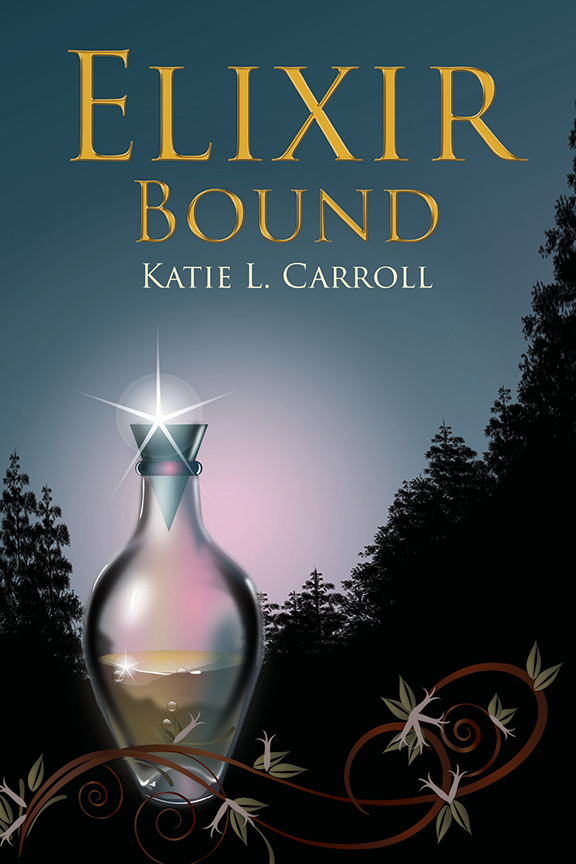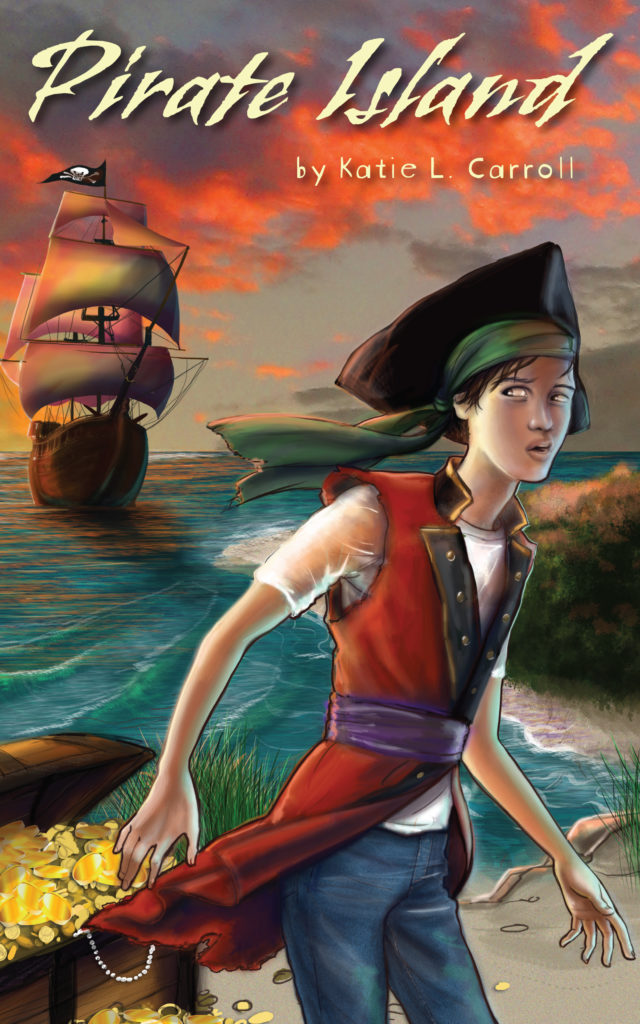For every novel I’ve written, I’ve learned a different important lesson about a major aspect of writing. Not all of these novels are published (yet!), but as I work on finishing up this round of revisions on ELIXIR SAVED and reflect on what I’ve needed to work on most in this manuscript, I find myself pondering all the other areas of writing that I’ve improved upon during this long journey of being a writer.

For my very first manuscript, ELIXIR BOUND, it was all about point of view (for a good overview of what POV is see “Different Types of Point of View” on The Beginning Writer). My early drafts of that story were a hot mess of different POVs sneaking in to disrupt Katora’s voice. Even though the story is in third-person POV, I learned over time that it had to be a closed, or limited, POV. Katora was the one who had to tell that story, but a lot of other characters wanted to have their say unnecessarily. It took me more feedback and revisions than I like to admit to get the POV narrowed down properly.

Then came PIRATE ISLAND, which started as an exercise in voice (for an idea of what voice is see “How to Create Voice in Writing” by Mary Kole). I wanted to write something very different from YA fantasy, so I delved into middle grade and went contemporary. Middle grade voice is very hard to do well, and I still don’t think I nailed it in PIRATE ISLAND. Billy, the main character, was originally 11 and I ended up aging him up to 13 in later drafts, largely because that slightly older voice worked better for my abilities as a writer.
The next manuscript I finished (I’m skipping over that still unfinished WIP whose only lesson was teaching me when to shelf a manuscript) hasn’t been published yet, but I’ve talked about it here on the blog a little. That was is my YA thriller BLACK BUTTERFLY, which is super dark and gritty. There are flashbacks and it’s all in first-person present tense and was very intense and fun to write. The lesson here was all about novel structure. I played around a lot with the scenes and where they end up in the final version of this story. I wrote a lot of the story out of order, too. The first time I had ever done that and it was a very freeing experience that I continue to use in my drafting process.
That brings us to the novel I’m currently working on revising ELIXIR SAVED. As a companion novel, it’s been an interesting process to keep all the continuity issues in order. Surprisingly, the lesson here has been in world building (see “20 Things to Consider When Building Fantasy Worlds” by Sara Raasch for more about world building). Some of the world building was done in the first Elixir book, but we see a lot more of the world in SAVED, so there more work to be done for this manuscript. It has three different POV characters that go off into three different parts of the world, much of which wasn’t explored in the first Elixir novel, so I had a lot more world building to add.
One of my goals with the Elixir novels has been to create a super feminist world in the sense that there is no patriarchy in this world. So one of my biggest challenges was to check myself and my internal biases to see if those patriarchal views were sneaking in (and even for someone who considers themselves a feminist, I found a lot of those things rearing their ugly heads, and I’m sure I’ve missed some as well). This was a huge consideration in my world building.
I’m sure there are more lessons to come along this journey. And these are only the biggies that have come from each novel. There have been many, many other smaller lessons along the way. And that’s not even taking into consideration the publishing lessons I’ve learned or the ones I’ve learned from writing picture books. What have you learned from your own writing?



















